New policies introduced by the Central Bank to increase financial stability over the past few years have prompted significant changes in Nigeria’s banking sector. The industry has been undergoing a period of transformation as banks have embarked on consolidation initiatives involving recapitalisation, management shake-ups, mergers and acquisitions, policy reforms and other institutional changes as they looked to strengthen their businesses and plan for future expansion.
In the world of retail banking, the landscape has changed with the creation of larger competitors in the top tier of banks, who are aggressively pursuing larger market shares. Even smaller banks are also chasing greater deposits with more gusto, evolving their product ranges on offer to appeal to modern lifestyles and encourage access in rural communities.
The retail banking sector – often viewed as the ‘high-street face’ of banking – incorporates private banking services, individual customer current accounts, savings deposits, investment savings products, credit and debit cards, customer loans and mortgages. In addition to private individual customers, it also involves meeting the banking needs of small and medium-sized enterprises (SMEs).
The changing environment puts additional pressure on banks to focus on the quality of their customer service, as retail banking relies heavily on customer loyalty and the banks need to allay any feelings of uncertainty or instability in their current customer base, while at the same time seek out new accounts. Long queues and inattentive staff are major annoyances for banking customers and the current trend toward mobile and internet banking means financial institutions need to sharpen their focus on both physical and virtual customer service.
“We are going to try to serve our retail customers as much as possible, not through bricks and mortar but through alternative channels“ Olusegun Agbaje, MD & CEO of Guaranty Trust Bank |
“Within the process of re-tooling you have to bring in younger and brighter people, you must look at new horizons and continue to re-invent oneself. You must look at retail and try to analyse new sectors,” says Olusegun Agbaje, Managing Director and CEO of Guaranty Trust Bank, one of Africa’s leading banks.
Guaranty Trust Bank came out top in a customer satisfaction survey carried out by Nigeria’s S.M.A.R.T. Advisory Ltd, a business solution provider specialised in analysing corporate finance, business management and process improvement to help businesses grow. S.M.A.R.T. polled more than 7,000 customers of banks nationwide and Guaranty Trust Bank came out the number one choice as the bank to switch to if they were to change banks; 28 per cent of all respondents indicated their preference for Guaranty Trust Bank. The survey also reported that about one in five people had an account with Guaranty Trust Bank and it got the most frequent recommendation from its customers to other people, reflecting a large army of support for the bank.
Until 2007, Guaranty Trust Bank was essentially a high-end wholesale bank – up to around 70-80 per cent of its business was dealing with that market. It then started to grow its retail base and in 2011 the retail segment of Guaranty Trust Bank had 3.4 million clients and represented 41 per cent of the bank’s deposits, 8 per cent of its loans and 15 per cent of its profits before tax.
The bank is currently in the process of conducting a very strict segmentation of its retail base. “As you go into retail you start to see even more opportunities,” says Mr Agbaje.
Guaranty Trust Bank has separated SMEs’ services from its main retail unit to allow it grow independently. It has also segmented the retail unit itself and developed a private banking section to focus on the country’s emerging middle class separate from the mass retail business. Nigeria’s middle class is estimated at around 23 per cent of the population – a projected 36 million Nigerians defined as earners of average monthly incomes between N75,000 and N100,000 ($463-$617).
“The reality about retail is that while it has opportunities, it is a very expensive business if you do not scale it properly,” says Mr Agbaje. “For Guaranty Trust, if you compare us to our peers, we believe that cost is the only sustainable source of competitive advantage. Therefore, in everything we do we make sure we have a cost-effective model. We are going to try to serve our retail customers as much as possible, not through bricks and mortar but through alternative channels, and that is why we do not have a massive branch network. We think that to service Nigeria effectively you do not need more than 250 branches, of which some of them will be e-branches. E-branches are a lot of what we are rolling out now: they just have cash deposit ATMs, cash pay ATMs, kiosks, so no physical staff are actually needed.”
Interestingly, the S.M.A.R.T. survey noted that while 26 per cent of those polled look at the stability and the financial strength of a bank, many customers of Guaranty Trust Bank showed a departure from this trend as 36 per cent of its customers chose to open an account with the bank as a result of its customer service experience – perhaps taking its financial stability as an assumed quality.
The bank’s aim is to reach 10 million retail customers in the next five years, up from its current 3.4 million account holders. “As the middle-class grows, we will create a way of servicing them in a manner they are used to. We went into retail and have learnt as we have gone along; we have acquired more than three million customers in just five years. A big thing for us now is to conduct the segmentation properly and service clients accordingly,” says Mr Agbaje.
The S.M.A.R.T. survey also reported Nigeria’s Diamond Bank as being well recognised for its customer support, noting that it was “strong in rewarding its customers for loyalty as 31 per cent of them indicated the bank rewards customers for being with them over a long period.” It also enjoys 55 per cent of its clients regularly recommending the bank to others. Similarly, the report showed Zenith Bank, which over the years has redefined customer service standards and created diverse service delivery channels, was equally appreciated, being recommended by 57 per cent of its customers on a regular basis.


















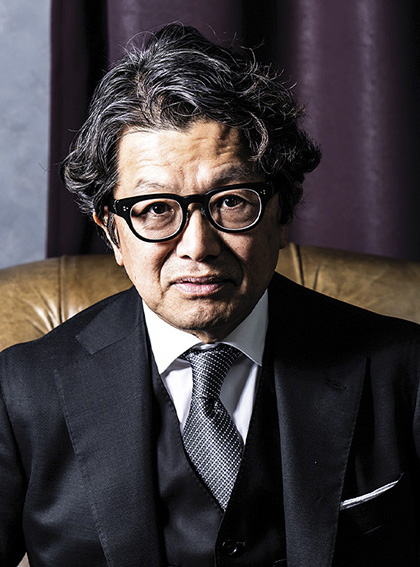
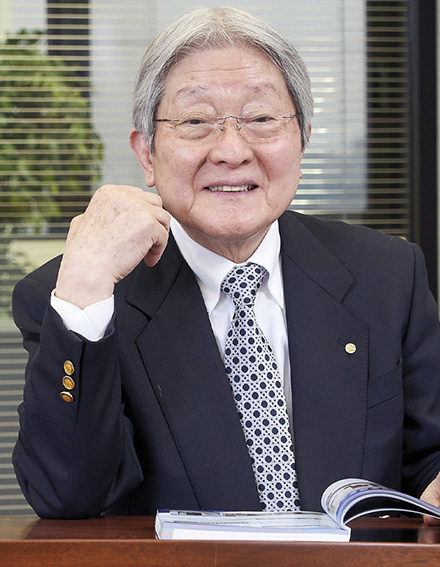



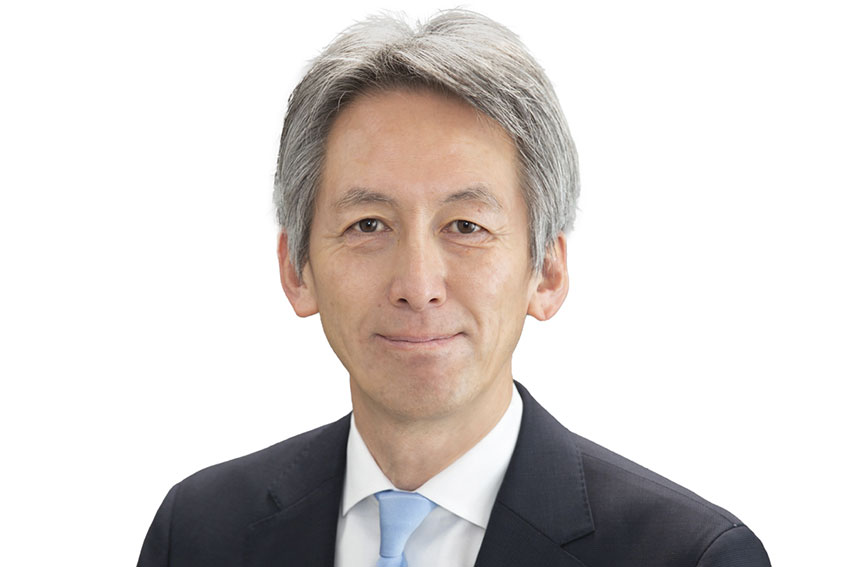

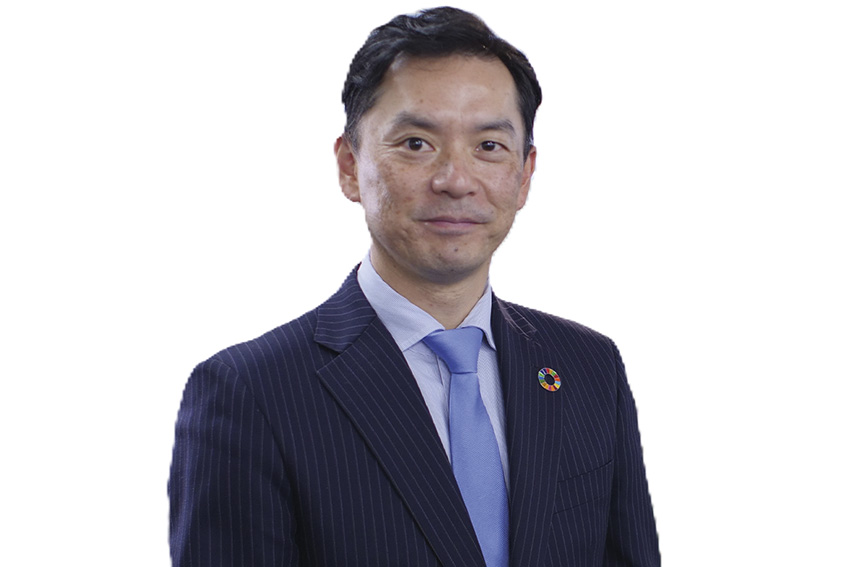




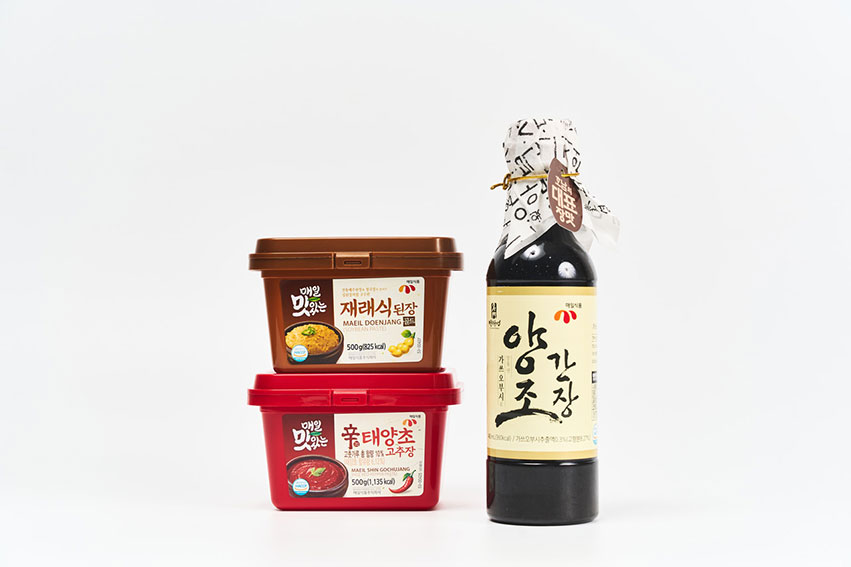

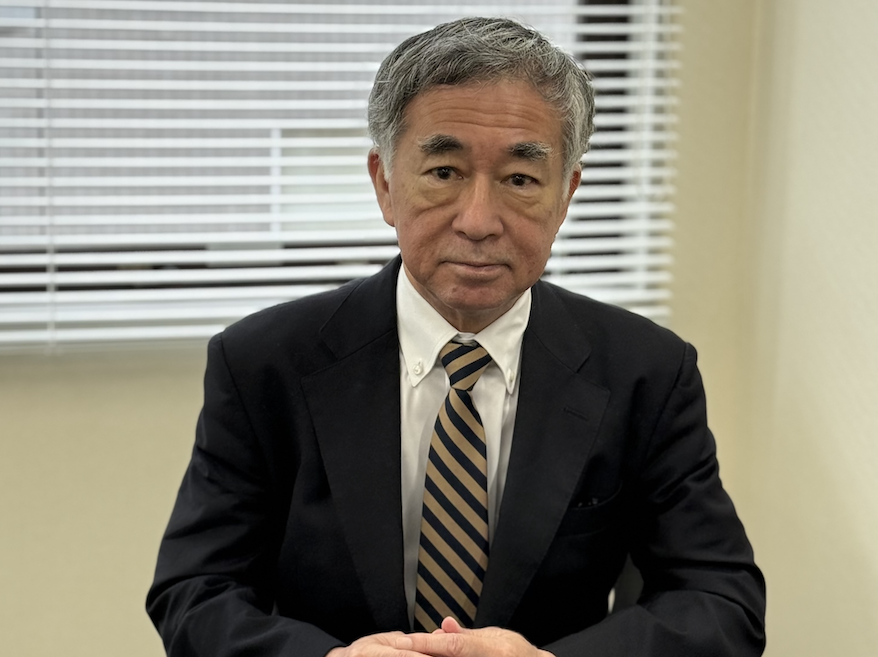

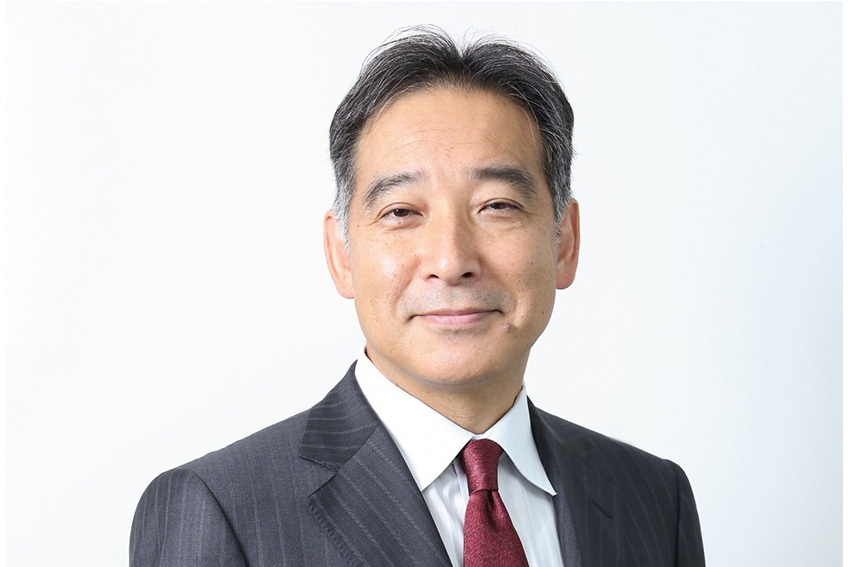


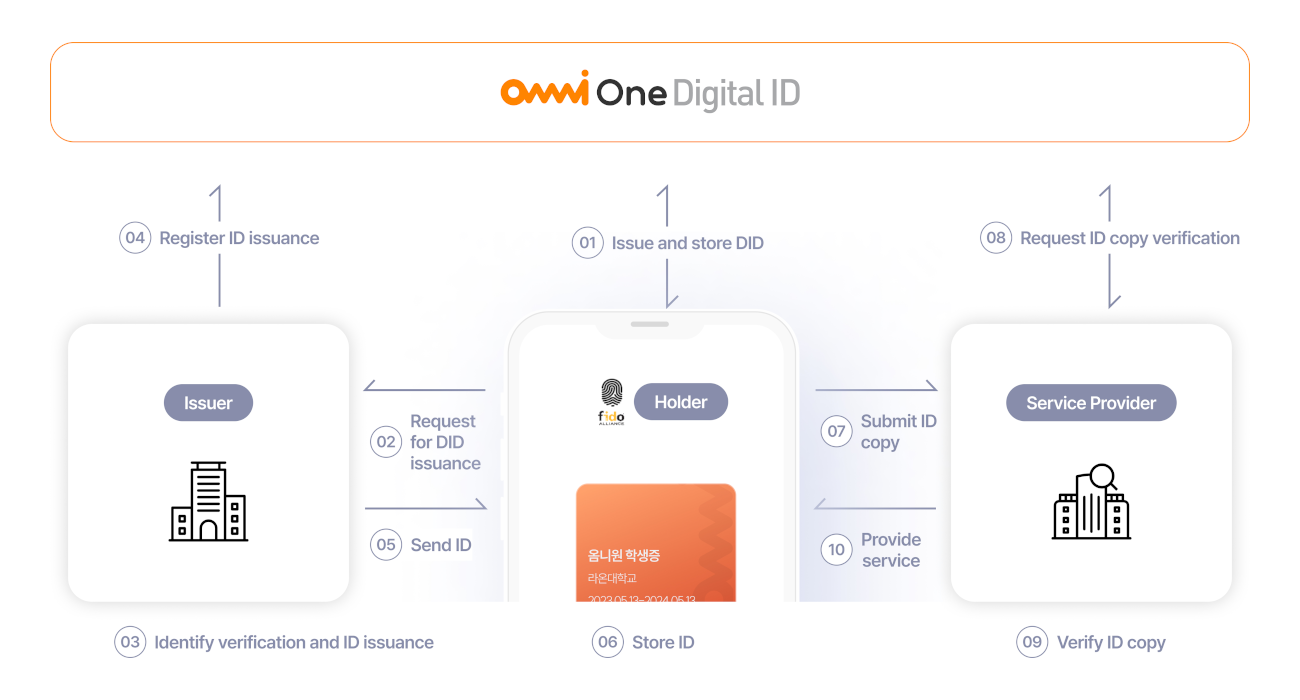

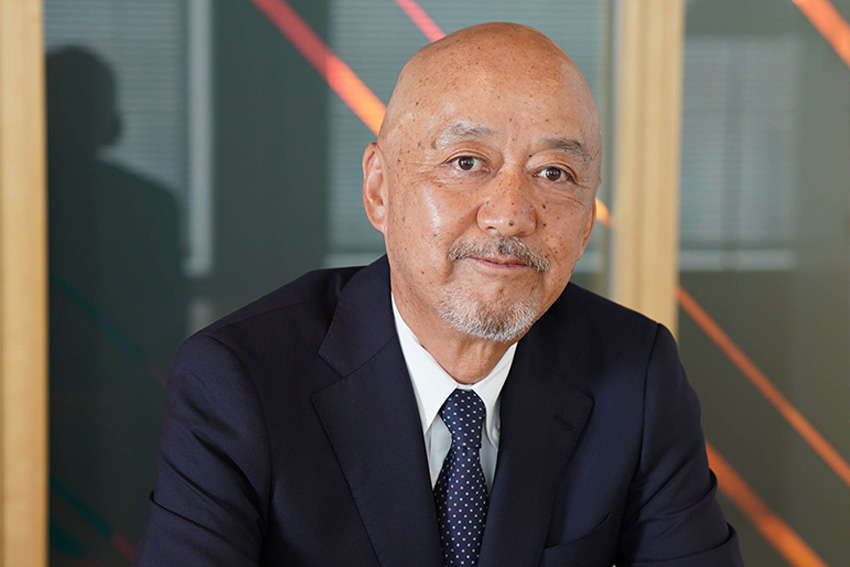


0 COMMENTS